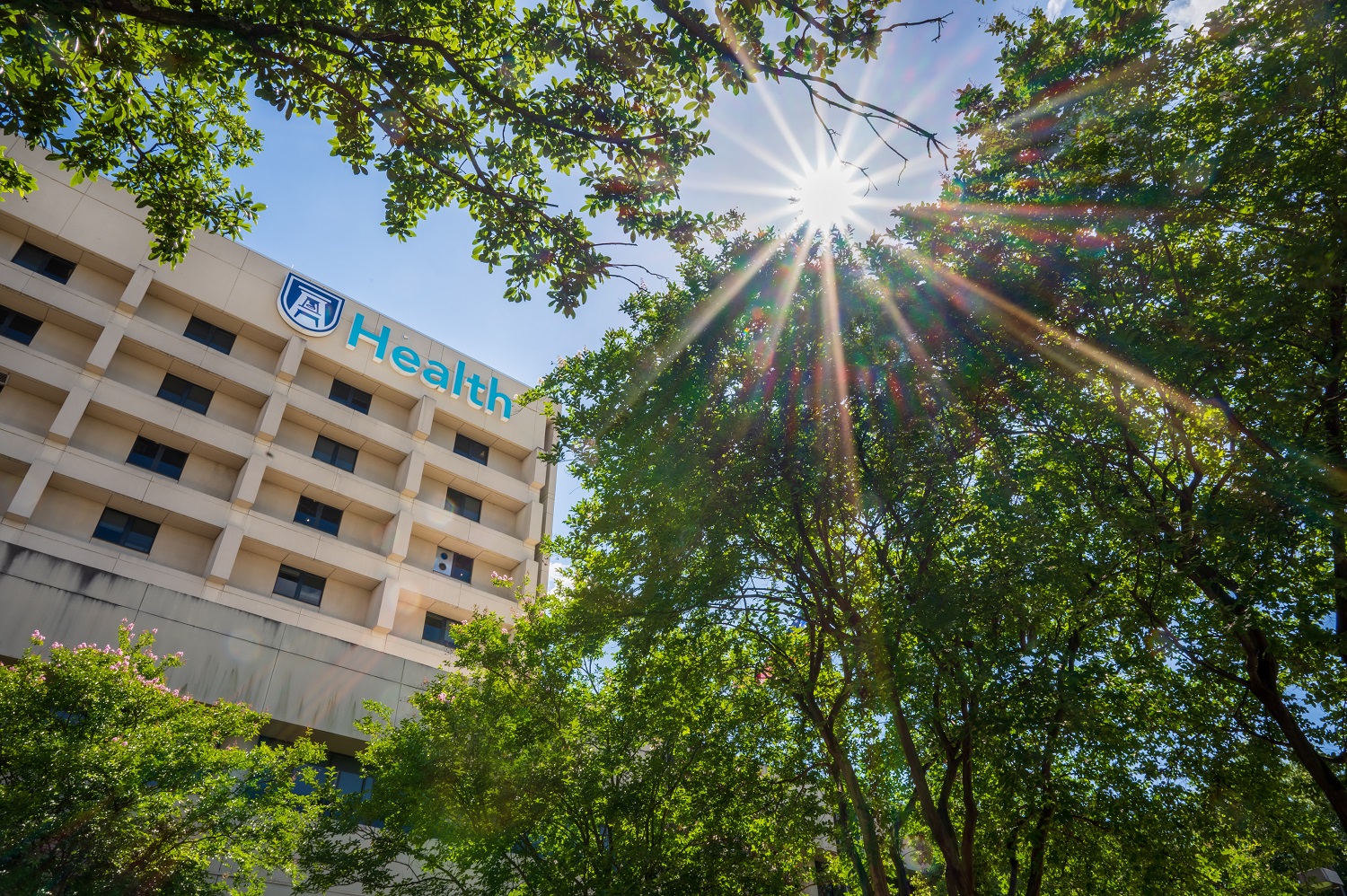The pancreas is a gland found behind the stomach and small intestine. It has two main jobs for our body. First, the pancreas releases insulin to help regulate blood sugar. Insulin is what helps the sugar go from our blood stream into our body’s cells for energy. The other main job of the pancreas is to release juices, or enzymes, that aid in the digestion of fats, carbohydrates, and protein. When these jobs are not being performed correctly, issues or other health conditions develop. When the insulin isn’t working correctly, diabetes often results. When the enzymes aren’t working, your food isn’t getting all the way digested and properly absorbed. This often results in foul-smelling, floating or pale-colored stools, bloating, gas, and/or stomach pain after eating. Other common symptoms and side effects are weight loss, feeling full quickly, fatigue, constipation, and dumping syndrome. Dumping syndrome is when food moves too quickly through your digestive system leaving you feeling dizzy, fast heart rate, nauseated, and bloated. All of which can be very discomforting. Keep notes and discuss with your dietitian if any foods disagree with your digestion process.
Previously discussed symptoms can occur without a cancer diagnosis but are much more common for people who have pancreatic cancer. In fact, it is often symptoms like weight loss and diarrhea that prompt someone to see a doctor in the first place. Why does this happen often? Usually, the cancer itself is causing a blockage that creates a traffic jam of sorts in our digestive tract. This means the enzymes are not getting where they need to go. This is when the doctors make the decision on if they can remove the blockage with surgery or if they need to shrink it first with chemotherapy. Both courses of action will impact your nutrition, which is why a dietitian is such an important part of your team. They can help you assess your diet and find ways to help improve overall tolerance of meals, snacks and beverages.
Should surgery be the treatment decision by your team, most patients will undergo a procedure commonly known as the Whipple procedure, which helps remove the affected portions where the obstruction and/or tumor is. This is a package deal involving the removal of the gallbladder, bile duct, and some of the small intestine. After the procedure, it is important to eat foods that will help you in your journey of healing. You may notice your appetite is less than what it was, and you may feel full quicker than before. To remedy this, consider eating small amounts of foods more frequently, about 5-6 times a day. To avoid feeling full quickly, minimize drinking too much with your meals (try small sips an hour before and/or after your meals when you feel thirsty). Avoid foods make you gassy or bloated, such as broccoli and Brussel sprouts. For many people, they may even need to avoid drinking with straws. Sipping drinks may help prevent excessive air intake when we drink beverages. Speaking of beverages, your dietitian may recommend oral nutrition supplements that may help you reach your desired daily energy needs. And lastly, try to reach for the protein source on your plate first to ensure you’re eating enough protein before feeling full. Eating enough protein will help with healing from the operation. These are important suggestions, but there are others that can help you during that initial healing window of 6-8 weeks that the dietitian can review with you as well.
It is very common for pancreatic cancer patients to need help with adequate enzyme intake in order to properly digest food. Pancreatic Enzyme Replacement Therapy or PERT are medications (in pill form) that can help fill in for what your pancreas used to do before diagnosis. These pills contain the enzymes your pancreas would be releasing – lipase (helps break down fats), protease (helps break down protein) and amylase (helps break down carbohydrates). Although there is a range of strength for this medication, most people reach what they need on the lower dose designed for their weight. Your dietitian or physician can help you understand what the correct dose is for you and how to best take this medication.
As mentioned earlier, another job the pancreas does is produce insulin. So it is possible with pancreatic cancer to have impaired insulin release. This means you may exhibit higher levels of blood sugar than you are normally used to. To combat living in high blood sugar state for prolonged time, aim to decrease simple carbohydrate intake. These are foods like white breads, sugary cereals, white pasta and rice, and cakes and cookies. Instead try for whole grains as able like brown rice, wheat bread, and limiting the sweets. Even with the healthier options, these foods can still cause an increase in blood sugar, which is normal. To help with that, they should be eaten with a source of protein. This combination will help curb the sugar crash. A simple snack idea maybe peanut butter with your choice of fruit or a protein supplement turned into a smoothie.
Pancreatic cancer can be a daunting diagnosis. Even the information in this blog might feel overwhelming. That’s why it’s important to use your strong support system and have good communication with your healthcare team. They are all key players that will help you in this chapter of life. If you have additional questions about nutrition and Pancreatic Cancer, please talk to your provider to see one of the dietitians at the Georgia Cancer Center today.


